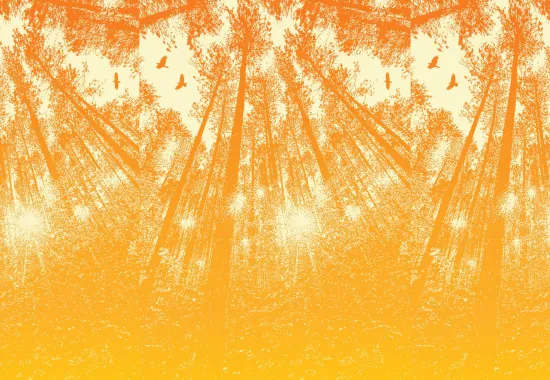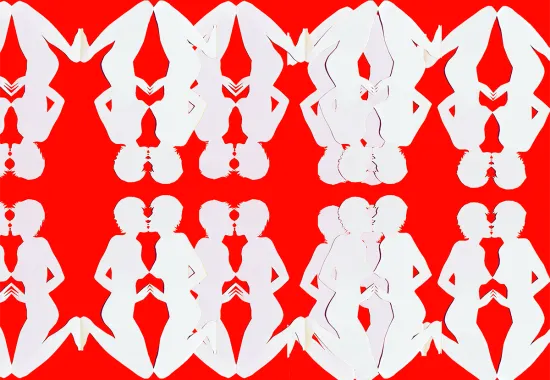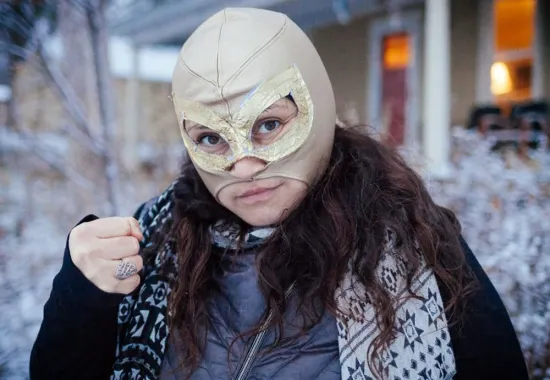A Conversation with Ted Kooser: In Dialogue with Judith Harris
For two decades, Ted and I have conversed through email, so it was the natural medium for us to discuss his work and his background growing up in the Midwest. We conducted this interview in a period of a week—I would send one or two questions at a time—and Ted would write back promptly with his replies. One thing I've learned is that in its spare, simple, but elegant diction, a Kooser poem works like a well-oiled machine: each word is carefully chosen, each inference accounted for, and each stanza carefully honed. His poetry reveals a complicated man who would probably refer to himself as simple. His reminiscences and comments in the following conversation will surprise and delight readers listening in.
JUDITH HARRIS: As I think of the arc of your work and what readers might want to ask about, one of them has to do to your mentorship of so many who have studied with you or corresponded with you and benefited from your writings on writing. The University of Nebraska published More in Time (2021), a volume made up of a wide spectrum of writers reflecting on the significance of your work and friendship. “More in Time” is often the way you close an email or letter, an ending that suggests leaving the door open to further exchanges. And to turn this around a bit, could you talk about the importance of reading poets as a young man and throughout your career?
TED KOOSER: I have always emphasized to my students how important it is to read the poetry of others, and to read a lot of it. I made my grad students read ten poems a day, week in and week out. We learn to be poets from other poets. Every poem that fails shows that not quite enough poetry has been read.
JH: Did you have mentors?
TK: Though I didn’t have the word “mentor” in my vocabulary until I was well into middle age, I did have people to whom I’ve looked up. Will Jumper, who taught writing at Iowa State, was my first real literary mentor, to be followed by Karl Shapiro when I got to Nebraska, Karl to be followed by Leonard Nathan, with whom I connected by mail after seeing a poem of his in The New Republic. I sent him a fan letter, and he wrote back, whence ensued twenty-five years of weekly correspondence. Leonard was teaching at Berkeley, and we didn’t meet in person until we were deep into our letter exchange. Our correspondence was worth more than any other help that I’ve ever had. Leonard (“Uncle Leonard”) was about fifteen years older than I, and in his early eighties lapsed into senile dementia. I remember so very clearly a letter from his wife, Carol, explaining his long silence, saying that “Leonard will never write again, Ted, but he walks around with a pencil in his hand.”
If I had somebody to look up to in those days it would have been someone like Don Gartlits, who held the world’s record in burning up a drag strip.
JH: Yes, I was familiar with Nathan, but it wasn’t until we discussed him earlier that I went to a poetry book I owned by him and was astonished by his singular style—he was an original. And like Shapiro, perhaps, one of your most powerful influences. Your work doesn’t resemble either one of them, and yet there is a zeitgeist around all three of you, just as it should be.
JH: When you were starting out as a young poet, what were you like?
TK: I was a nasty, rebellious teenager, and I certainly didn’t look up to my parents, my uncles and aunts, during those years. I thought they were stupid conformists. If I had somebody to look up to in those days it would have been someone like Don Gartlits, who held the world’s record in burning up a drag strip. 148 mph in a quarter mile, as I remember it. Cars and girls were what I cared most about. I wore a leather jacket with the name of our hot rod club on the back, the Nightcrawlers. I was doing everything I could to be unlike my parents. There were long dark silences in our house, weeks and months long. I was terribly hard on my mother and father, who loved me unstintingly through it all.
JH: That is very interesting since the takeaway from most of your poems about your parents are tender reflections on their goodness, their strength, in elegies like “Mother” and “Father.” And I’ve read elsewhere that you regard your childhood as a happy one. But a family wouldn’t be a family without some discord. I’ve always suspected that there was another side to it. What other things come to mind?
TK: My friends were from a notch or two lower than my own upper middle class, sons and daughters from working class blue collar families. We were staying out to all hours, souping up our old cars, drag racing, and so on. We boys tried to look like James Dean and had James Dean haircuts. We sometimes hung out with hotrodders from nearby towns, and I remember a car club from Marshalltown, in which there was a boy, Kai or Sky, something like that, who dated Jean Seberg, whom I remember as being just another cute girl.
My interest in writing in those early years was part of my hot rod persona, and I wrote Robert Service-like ballads about drag races, one of which was my first published poem, appearing in a teenage magazine called Dig. One of my friends submitted it without telling me. I was also writing poems for my girlfriend, things I’d be mortally embarrassed by were they to turn up today. I was greatly relieved, after we’d finally broken up during our freshman year in college, to learn that she’d burned all those poems. Then I was told many years later that she still had some of them, God forbid.
In the fall of 1957, I started college at Iowa State, as an architecture major, and lived at home. My high school advisor had looked over my grades and noticed I had all A’s in art classes, so he had steered me toward architecture. High school counseling was that rudimentary then. But I was more interested in writing, and took my first creative writing class as a freshman, from Will Jumper, who I mentioned earlier. Will had a PhD from Stanford and had studied poetry with Yvor Winters. He was a stickler for traditional prosody. For example, in the iambic pentameter line he’d let us substitute a trochee or spondee in the first and third foot, but never in both in the same line, and never in the second or fourth foot. That kind of stickler. The first formal poem I wrote pleased him so much that he sent it to POETRY, and I got a nice letter of rejection, on thin, blue airmail stationery, from John Frederick Nims, then the acting editor. That was my first interaction with the greater poetry world.
I also belonged to Writers’ Round Table, sixteen students who met weekly, under Will Jumper’s supervision, and critiqued each other’s work. It was invaluable. One of the other members would go on to Congress as Senator Tom Harkin, where he served many years. He was a better Senator than he was a poet, as I recall.
Recommended
An Interview with Ren Cedar Fuller
“Tracing the shape of real bodies”: An Interview with Frances Cannon
Becoming Visible





